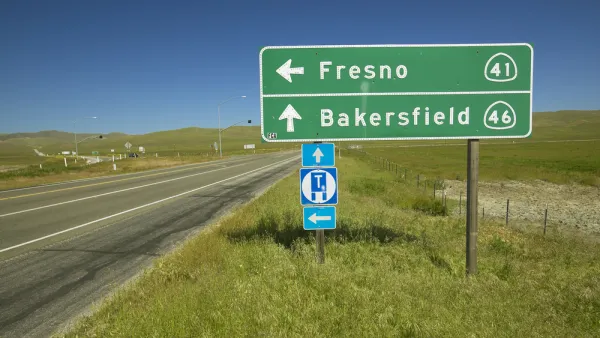At $100 million, it is the largest of the five bonds on the Nov. 5 ballot. While six other transportation bonds were voted on (and approved) since 2000, the need for this bond comes from a 2011 law that eliminated the indexing of the state gas tax.
Eric Russell provides the recent political history that contributed to the need to go to the voters to approve this general obligation bond, Question 3 on the Nov. 5 ballot (PDF), for long-term capital projects.
Approximately two-thirds of the Maine DOT’s budget is paid for with fuel taxes. Maine’s gas tax [31.5-cents per gallon] revenue increased steadily from 2003 through 2010, but it has dipped since and is expected to continue dropping, according to projections by the Maine Revenue Forecasting Committee, especially since the Republican-controlled Legislature passed a bill in 2011 that stopped indexing of the state gas tax to adjust for inflation.
In fact, a $51 million transportation bond for roads and bridges appeared on the ballot just last year. It was approved by 69 percent of the voters, writes Russell.
Indexing has proven to be a valuable way for state transportation funding to keep up with inflation, as we pointed to recently in Kentucky, where it enabled a 2.4-cent gas tax increase on July 1, as well as in Connecticut by 4-cents, and why Rep. Peter DeFazio (D-Ore.) has proposed that the federal 18.4-cent gas tax be indexed. Indexing was also one of the "Solutions to Fixing the Gas Tax Crisis" we posted here last year in a piece written by the The Wall Street Journal's Michael Totty:
"If the goal is to make sure that this (transportation) funding source is growing at roughly the same pace as our funding needs, tying the gas tax to some measure of inflation would be the way to do it," says Matthew Gardner, executive director of the Institute on Taxation and Economic Policy, a liberal think tank.
However, indexing is not immune from anti-tax politicians, as illustrated by Maine and other states where legislators object to automatic tax increases.
UPDATE (11/18/13): The measure passed with 70 percent of the vote, according to Land Line magazine, as did the other bond measures on the ballot. "Mainers have approved every transportation bond since the mid-’80s," writes Keith Goble, Land Line state legislative editor.
FULL STORY: Large Maine transportation bond has history on its side

Analysis: Cybertruck Fatality Rate Far Exceeds That of Ford Pinto
The Tesla Cybertruck was recalled seven times last year.

National Parks Layoffs Will Cause Communities to Lose Billions
Thousands of essential park workers were laid off this week, just before the busy spring break season.

Retro-silient?: America’s First “Eco-burb,” The Woodlands Turns 50
A master-planned community north of Houston offers lessons on green infrastructure and resilient design, but falls short of its founder’s lofty affordability and walkability goals.

Test News Post 1
This is a summary

Analysis: Cybertruck Fatality Rate Far Exceeds That of Ford Pinto
The Tesla Cybertruck was recalled seven times last year.

Test News Headline 46
Test for the image on the front page.
Urban Design for Planners 1: Software Tools
This six-course series explores essential urban design concepts using open source software and equips planners with the tools they need to participate fully in the urban design process.
Planning for Universal Design
Learn the tools for implementing Universal Design in planning regulations.
EMC Planning Group, Inc.
Planetizen
Planetizen
Mpact (formerly Rail~Volution)
Great Falls Development Authority, Inc.
HUDs Office of Policy Development and Research
NYU Wagner Graduate School of Public Service



























